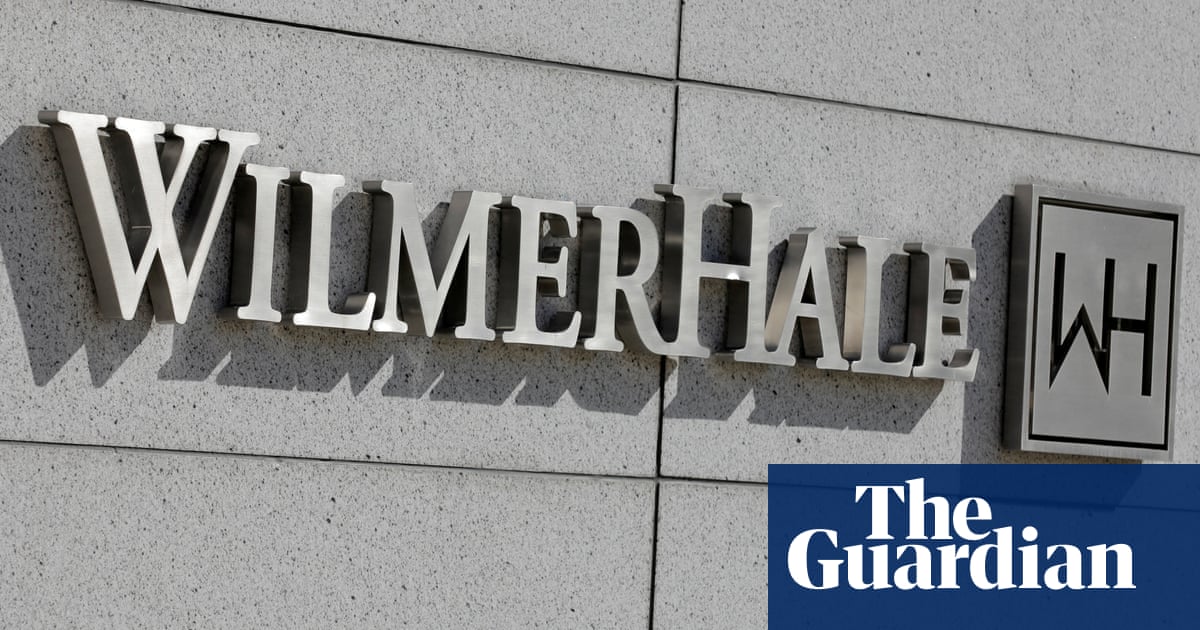Donald Trump’s campaign against the legal profession hit another setback Tuesday as a federal judge struck down yet another executive order that sought to place sanctions one of the country’s most prestigious law firms.
The order in favor of WilmerHale marks the third time this month that a federal judge in Washington has deemed Trump’s series of law firm executive orders to be unconstitutional and has permanently barred their enforcement.
“The cornerstone of the American system of justice is an independent judiciary and an independent bar willing to tackle unpopular cases, however daunting. The Founding Fathers knew this!” wrote US district judge Richard Leon.
To permit the order to stand, Leon wrote, “would be unfaithful to the judgment and vision of the Founding Fathers”.
The firm applauded the ruling from Leon, an appointee of former Republican president George HW Bush.
“The court’s decision to permanently block the unlawful executive order in its entirety strongly affirms our foundational constitutional rights and those of our clients. We remain proud to defend our firm, our people, and our clients,” a spokesperson for the firm said.
The ruling was similar to one from Friday by a different judge that rejected a Trump edict against the firm of Jenner & Block and another one from earlier in the month in favor of the firm Perkins Coie.
The firms had all been subjected to Trump executive orders that sought to impose the same set of consequences, including suspending security clearances of attorneys and barring employees from federal buildings.
The orders have been part of a broader effort by the president to reshape American civil society by targeting perceived adversaries in hopes of extracting concessions from them and bending them to his will.
Several of the firms singled out for sanctions have either done legal work that Trump has opposed, or currently have or previously had associations with prosecutors who at one point investigated the president.
The order against WilmerHale, for instance, cited the fact that the firm previously employed former justice department special counsel Robert Mueller, who led an investigation during Trump’s first term into potential ties between Russia and Trump’s 2016 campaign.
Other major firms have sought to avert orders by preemptively reaching settlements that require them, among other things, to collectively dedicate hundreds of millions of dollars in free legal services in support of causes theTrump administrationsays it supports.
